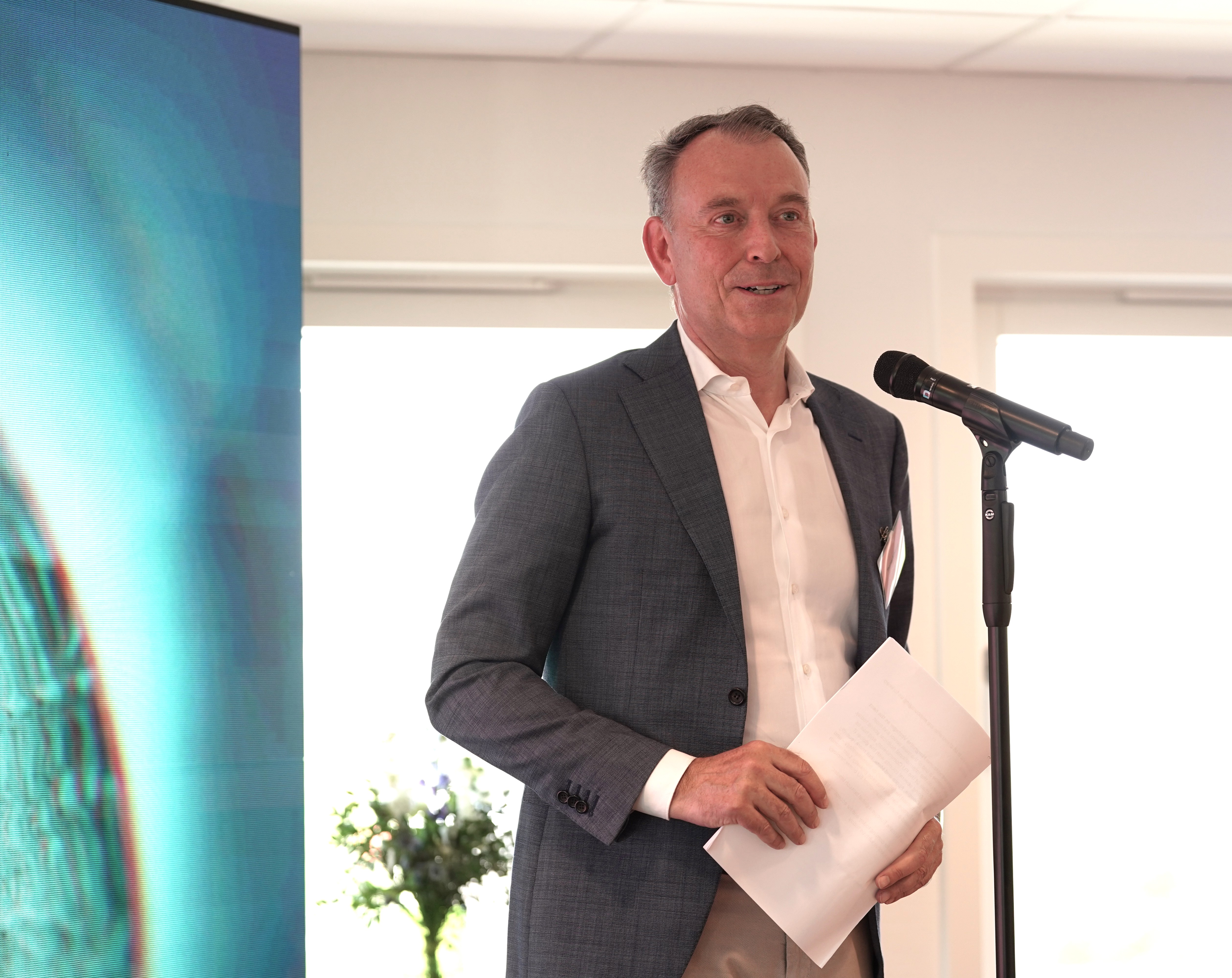What Can Biotechnology Learn From Open Source?
Open source began in the software world, comprising programs in which the underlying code was freely available for others to use and modify. Naturally lending itself to collaborative work, it allowed large groups spread out across the world to develop software covering operating systems, internet browsers, 3D modelling software, and even monetary alternatives. Despite being free to modify, a number of companies have successfully developed business models based on open source, usually by offering support services on top of the open code – the best example here being Red Hat Enterprise Linux.However, open source is rapidly moving beyond software to encompass both physical technology (as seen in Tesla Motors’ recent release of IP) and synthetic biology (for example, BioBricks and the BiOS Initiative). Supported by the growth of citizen scientists, in particular the DIY Bio and biohacker movement with their open, collaborative labs, open source is likely to make a strong impact on synthetic biology. To find out more on this subject, we’ve invited a number of experts to a discussion panel at the SynBioBeta SF 2015 conference. The panel will be moderated by Roger Chen, of O’Reilley AlphaTech Ventures, a seed-stage investment group with a focus on areas best considered the realm of the ‘alpha-geek’. Dr Roger Chen is a principal at OATV, having moved to this position after completing first his PhD in nanotechnology and then a short stint as a consultant at a VC firm.Spreading the word: O’Reilly MediaFounded in 1978, O’Reilly Media can be, broadly, said to focus on bringing information on innovation to the world. Their original offerings were technical books and manuals, the popularity of which led them to develop the world’s first commercial web publication, Global Network Navigator. The firm later expanded into organising technology conferences, with the best known being the O’Reilly Open Source Convention which, as the name suggests, focuses on open-source technology.Open source technology has long been a cause of Tim O’Reilly, who has for years believed that it will bring about a paradigm shift in the way in which value is built on computer applications. Well established in software, open source is also making inroads to synthetic biology – and so we will be very interested to hear Tim O’Reilly’s opinions during his keynote speech.Fertilising innovation: OpenPlant
The OpenPlant initiative is an interdisciplinary collaboration covering plant synthetic biology innovation, with centres at both the University of Cambridge and JIC/TSL Norwich. They aim to develop standardised plant genetic engineering techniques, including the development of newly engineered traits, and then to promote these developments via open-innovation practices. OpenPlant also runs a small fund to support innovative projects from graduate students and postdocs, with an emphasis on producing tangible, openly available information for the community.

Plants as Protein Factories. Source: John Innes Centre. N.benthamiana leaf after agro-infiltration with genes from the Avenacin cluster (blue) and GFP control (green).Dr. Jim Haseloff is currently based at the University of Cambridge, where his team develops genetic tools to model, visualise, and control plant morphogenesis and development. He also somehow finds the time to act as co-director of the OpenPlant initiative, and so will be providing us with some viewpoints on OpenPlant’s successes at SynBioBeta SF.Seed funding: Monsanto Growth VenturesMonsanto Company, of course, is a multinational agrochemical and agro-biotech firm, with Monsanto Growth Ventures acting as their venture capital arm (hence the terrible title pun). They invest in and collaborate with companies which have developed novel agriculture-based technologies – with interests ranging from biotechnology to business models. Founded in 2012, the venture capital group examines companies of all sizes and growth stages, and indeed were responsible for setting up the USD 930 million acquisition of Climate Corp in 2013.As such we are lucky to have Dr Kiersten Stead, currently a Venture Principal at Monsanto Growth Ventures, at the upcoming SynBioBeta SF conference. Prior to this position she worked on the VC team at Burrill & Company, as a management consultant, and as an agricultural scientist, a total of over 15 years’ experience in agro-biotech. It will be very interesting to hear her take on the role of Open Source in synthetic biology.
Alpine investment: Syngenta
Rounding off our supply of industry titans is Christine Gould from Syngenta, the Swiss-based agribusiness. With a current market cap of 29.7 billion USD and a global presence, Syngenta has multiple product lines including seeds, herbicides and insecticides. As with Monsanto, Syngenta also maintains an investment arm, Syngenta Ventures, with a number of smaller firms in their portfolio.Christine Gould is currently head of Next Generation Innovation & Engagement at Syngenta, where she determines new collaboration and investment opportunities. Alongside this she is also the founder and CEO of the Thought for Food & Food for Thought Foundation (TFF for short), a non-profit organisation which helps focus entrepreneurial university students on solutions for world hunger.These speakers will be talking in Session 3: Open Source Lessons for Synthetic Biology (11:40 am – 12:00 pm) at SynBioBeta SF 2015.




.svg)








-min.png)


.gif)